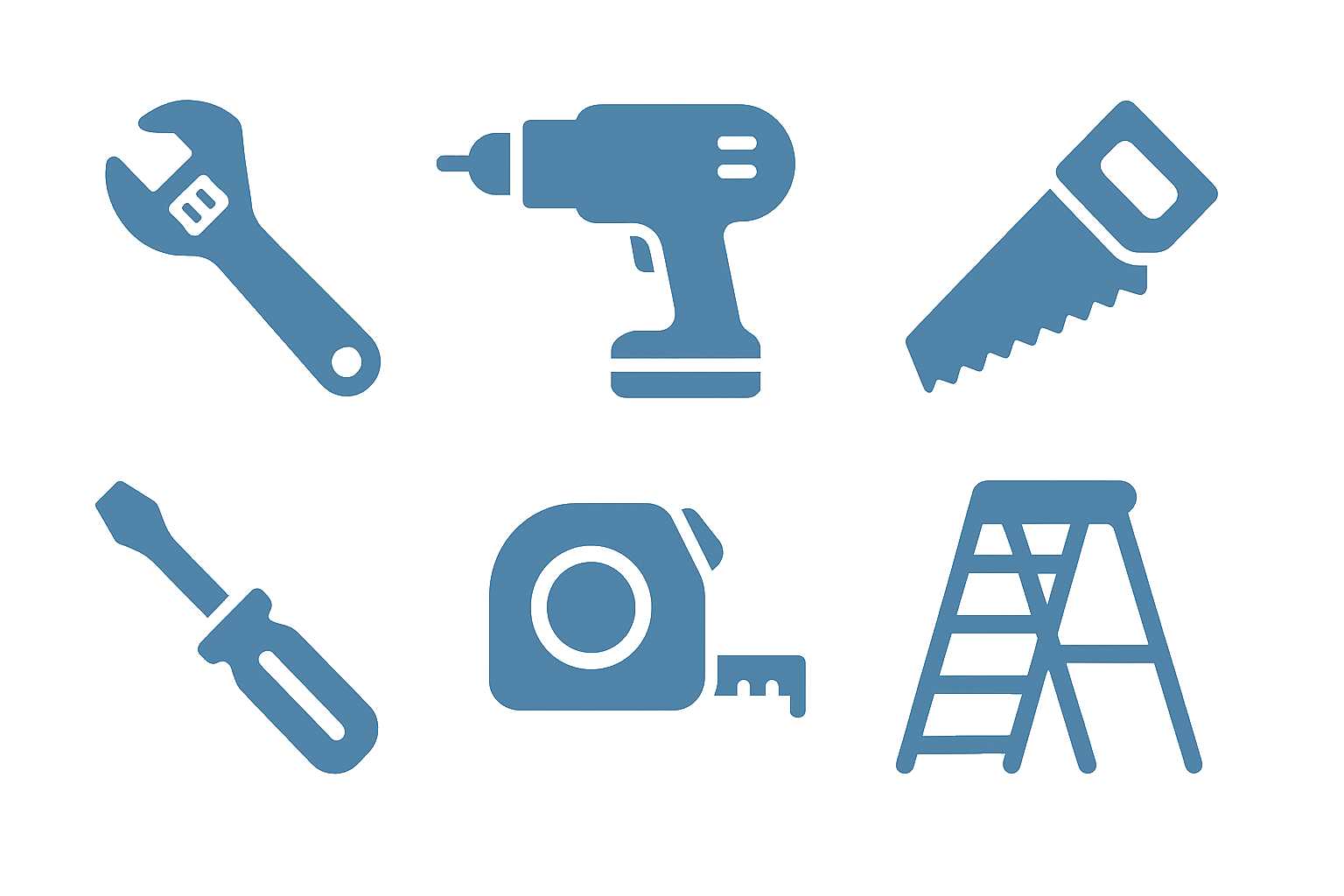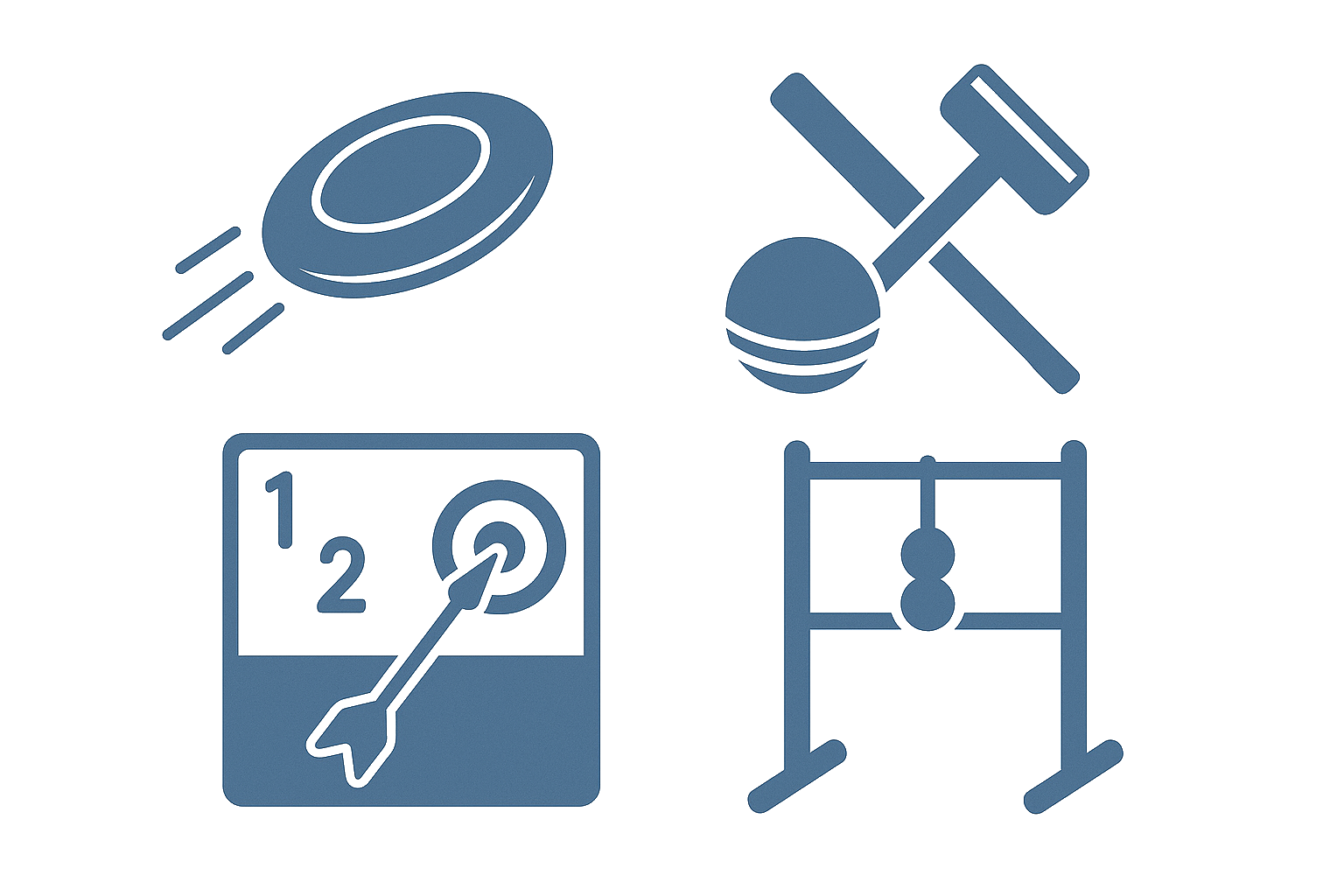🛠️ Expertise Snapshot
The tools and home improvement industry thrives on clever ideas that make fixing, building, or upgrading faster and easier. From power drills with smart sensors to ladder designs that fold like origami, each innovation depends on a mix of mechanical know-how and practical genius. But where there are good ideas, copycats are never far behind.
At Miller IP, we help inventors and companies ensure their tool innovations don’t just improve homes—they also stand on solid legal foundations. Whether you’re designing ergonomic pliers or the next viral gadget that keeps screws from vanishing, we know how to measure, cut, and fit IP strategies that keep your hard work secure.
🧰 How Our Expertise Makes a Difference
In a market where thousands of similar-looking hammers, screwdrivers, and gadgets crowd the shelves, standing out takes more than just great design—it takes the right intellectual property protections. We’ve seen firsthand how a well-placed patent or a recognizable trademark can transform a simple utility into a category-defining product.
Our team works with innovators who understand that durability isn’t just about steel and plastic—it’s about protecting the ideas behind the product. By tailoring IP strategies to fit the nuts and bolts of the tools industry, we help creators build brands and products that last.
🔒 IP Breakdown: Protecting What Matters
Patents safeguard engineering breakthroughs, trademarks protect recognizable brands, and copyrights cover creative instructions, manuals, and packaging—each piece working together like parts in a well-built toolbox.

🔩 Patents in Tools & Home Improvement
Patents are the backbone of protection for toolmakers. They cover everything from mechanical designs to clever attachments that make life easier on the job site. Think of unique locking mechanisms for tape measures, drill bits with self-centering tips, or even multi-tools that fold ten gadgets into one. Without patents, these innovations could be copied overnight, leaving inventors with little to show for their hard work.
For startups and established brands alike, patents are also bargaining chips. Licensing deals, retail placement, and even acquisition opportunities often hinge on the strength of a patent portfolio. In the tools and DIY space, where small tweaks can mean huge improvements, having patents in place is like putting a lock on your toolbox—it keeps competitors from “borrowing” your best ideas.
🏷️ Trademarks in Tools & Home Improvement
While patents protect the “how,” trademarks protect the “who.” In a store aisle packed with hammers that look nearly identical, a recognizable logo, brand name, or color scheme can guide buyers instantly. That’s why trademarking a brand identity—whether it’s DeWalt’s signature yellow, Makita’s teal, or Milwaukee’s red—is just as critical as the tools themselves.
Beyond colors and logos, trademarks also apply to slogans and product lines. They build trust, signal reliability, and help DIYers and professionals alike reach for the brand they know will deliver. Without trademark protection, your hard-earned reputation could be nailed together with someone else’s lookalike brand.
📚 Copyrights in Tools & Home Improvement
Copyright may not seem like a natural fit for tools, but it plays an important role. Instruction manuals, safety guides, diagrams, and even product photography all fall under copyright protection. For companies that sell thousands of SKUs, consistent and protected content can be the difference between consumer confidence and confusion.
Beyond manuals, copyright extends to online tutorials, branded packaging artwork, and marketing campaigns. In today’s DIY-driven social media world, protecting creative content ensures that your videos, guides, and infographics don’t get copied, diluted, or misused by competitors.
💡 Real-World Business Examples
DeWalt (Stanley Black & Decker) – DeWalt uses a mix of patents and trademarks to secure its market position. Patents protect tool innovations like advanced brushless motor systems, while their iconic black-and-yellow branding makes their tools instantly recognizable in any aisle.
Leatherman Tool Group – Famous for its multi-tools, Leatherman’s patents cover everything from folding mechanisms to blade configurations. Combined with strong trademarks, their IP ensures customers know they’re buying the real multitasking tool and not a knockoff.
Gorilla Ladders (Home Depot’s private brand) – Gorilla Ladders uses distinctive product designs alongside trademark protection to stand out in the crowded ladder market. Their IP strategy makes their ladders more than just functional—they’re a trusted brand homeowners seek out.

🎯 Take the Next Step
Got a bright idea for a better tool? Let’s make sure your invention is nailed down tight with the right IP protection.











